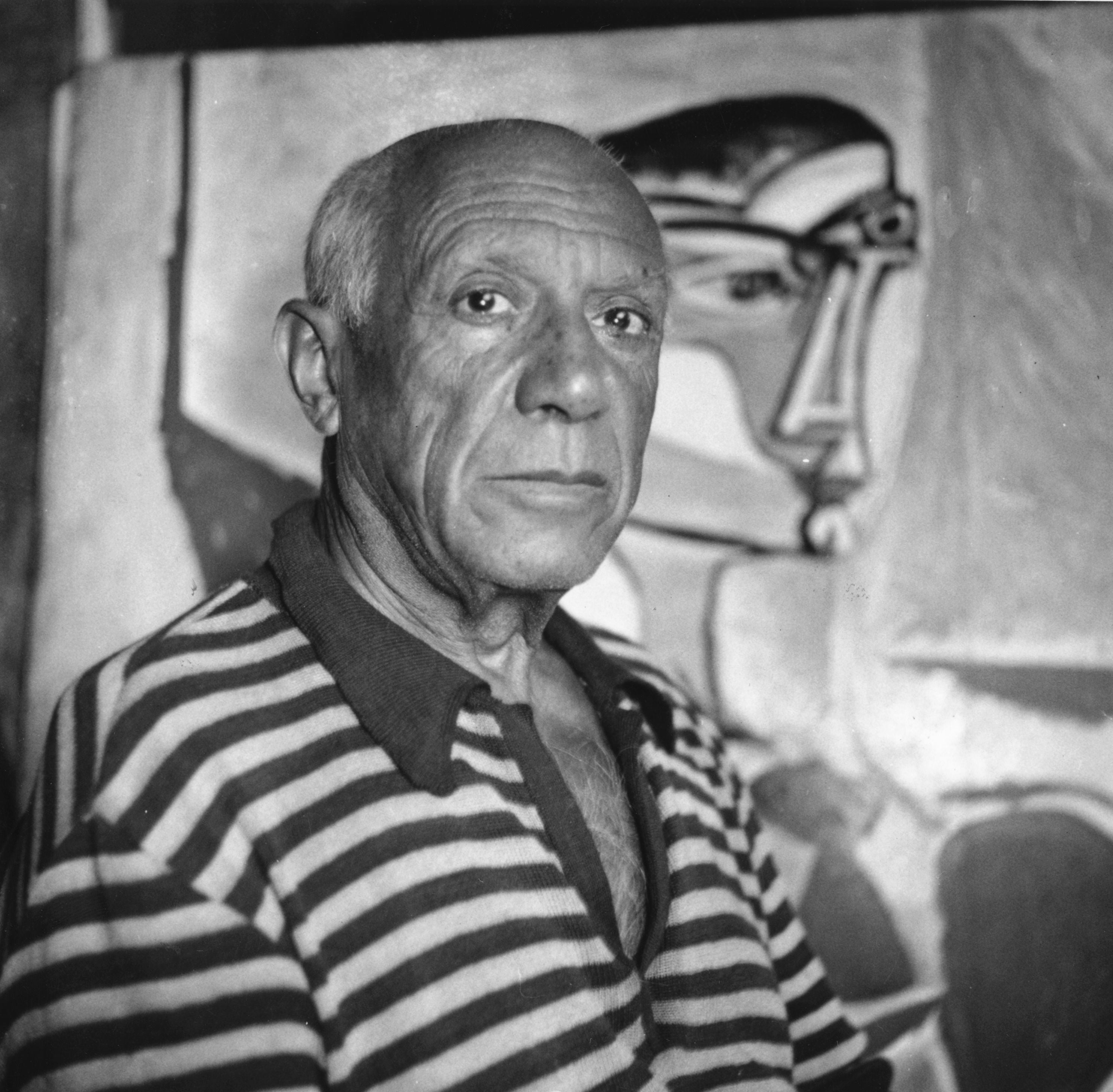Pablo Picasso’s grandson says artist’s lovers ‘knew’ about his behaviour: ‘No one was forced to do anything’
Grandson of the Spanish artist and his lover and muse, Marie-Thérèse Walter, defends the artist as his work is celebrated in a series of exhibitions around the world

Pablo Picasso was a notorious philanderer, known for treating his lovers appallingly and even encouraging them to fight one another.
Yet the artist’s grandson, Olivier Widmaier Picasso, has claimed these women knew what they were getting themselves into, and that some of his partners, including his grandmother, “enjoyed” the intensity of their relationships with him.
Picasso’s legacy has been the subject of scrutiny in recent years; 2023, which marks the 50th anniversary of his death, has seen much debate surrounding the way his work is discussed.
More than 40 exhibitions are being staged around Spain, France, the US, Germany, Romania and other countries as part of Picasso Celebration 1973-2023, a year-long programme of events organised by the French and Spanish governments.
Widmaeir Picasso, a TV producer, told the Observer that his grandmother Marie-Thérèse Walter – who features in a number of Picasso’s works – described the artist as “wonderfully terrible” and would recall, with fondness, the excitement of being with him.
Picasso was still married to former ballerina Olga Khokhlova when he spotted Walter, then just 17, outside the Galeries Lafayette in Paris, in 1927. Infatuated by Picasso, 28 years her senior, the model became his muse as well as his lover, until he abandoned her – and their daughter, Maya – for the surrealist photographer and painter Dora Maar.
“My grandfather had love stories with each woman and no one was forced to do anything,” Widmaier Picasso, Maya’s son, said. “Pablo Picasso is Pablo Picasso. He is not a usual person and my grandmother knew that he was married when he met her.
“She knew that he was having an affair with Dora Maar, just after she gave birth to Maya. When Dora Maar is entering the life of Pablo Picasso, she knows that he is having a child, that he has a second life with Marie-Thérèse, and that she won’t remain number three forever.”
He added: “Exceptional people are not easy. You have to accept that some people need more from you. They are more demanding, and I think that Pablo was demanding.”
When Walter grew jealous of Maar, Picasso told the pair they should fight for his affections while he painted, reportedly describing the ensuing brawl as one of his “choicest memories”.
When he left Maar for Francoise Gilot (notoriously the only woman to leave him), Maar suffered a nervous breakdown and was admitted to a psychiatric hospital, where she received weeks of electric shock treatment. Walter took her own life in 1977, four years after Picasso’s death, when she was 68.
Widmaier Picasso, who appears in the forthcoming BBC documentary series, Picasso: The Beauty and the Beast, due to air on BBC Two and BBC iPlayer this autumn, said it was “always difficult to judge” someone’s past in a contemporary context.
“It’s not very brave to attack people who died 50 years ago, one century ago, two centuries ago,” he said.
Representatives for both the Spanish and French governments seemed keenly aware of a potential backlash towards a year of exhibitions celebrating Picasso’s work, citing his controversial personal life during a launch event held at Madrid’s Reina Sofia museum last autumn.
“If there’s an artist who defines the 20th century, who represents it with all its cruelty, violence, passion, excesses and contradictions, this is undoubtedly Pablo Picasso,” said Spain’s culture and sports minister, Miquel Iceta.
France’s minister of culture, Rima Abdul Malak, said: “Let’s not hide our face. Today there are many debates around the reception of Picasso’s work, in particular from his relationship with women. To lead the younger generations towards his art, we must give them the keys to understanding his work [and] life, and open spaces of exchange.”
Subscribe to Independent Premium to bookmark this article
Want to bookmark your favourite articles and stories to read or reference later? Start your Independent Premium subscription today.

Join our commenting forum
Join thought-provoking conversations, follow other Independent readers and see their replies